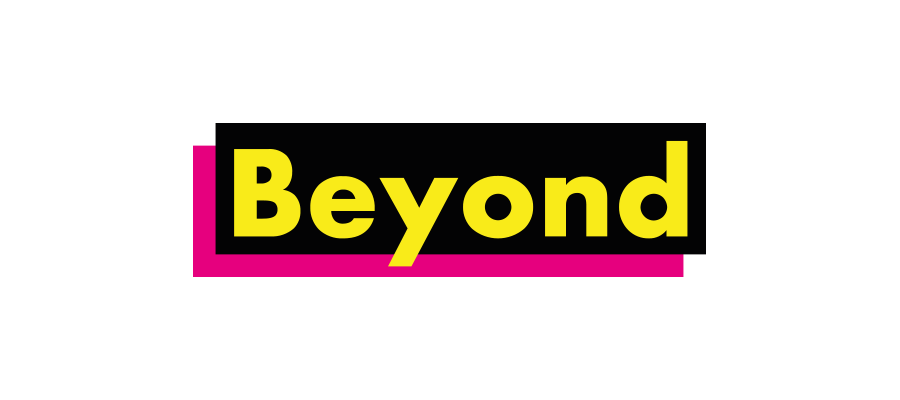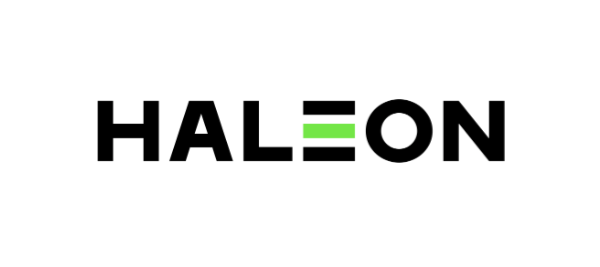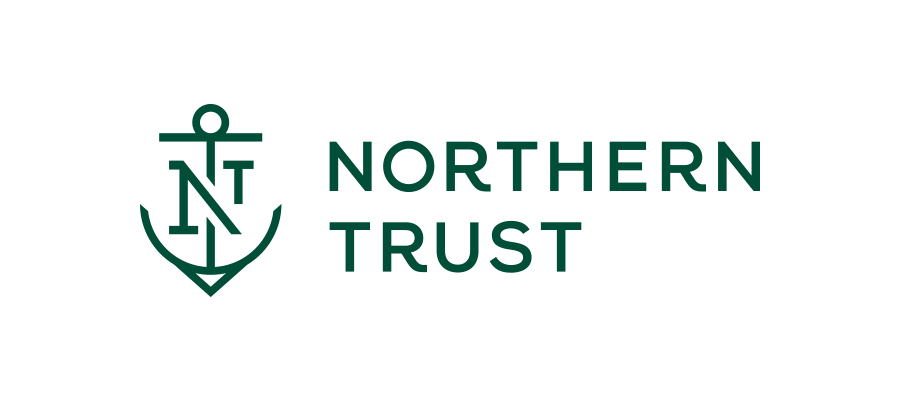Dealing with ambiguity

Understandably, people will experience difficulties while continuously adapting to new ways of living.
Dealing with ambiguity
Last month the UK was urged to go back to work – now we’re told to stay home again. While the public broadly supports tightened restrictions, the measures will cause frustration, anxiety and, for some, despair. For the next six months, there will be more ambiguity in life and work. Here are some of the common challenges this will pose to our mental health and the things employers in the UK and around the world can do to help their teams deal with ambiguity.
As of this week, the measures designed to keep us safe from Covid are enshrined in law. Hospitality is under a curfew. Masks are to be worn not just in shops but also in restaurants, bars and taxis. Household mixing and group socialising are limited. Plans to relaunch sporting events have been paused. Many of our hopes for normality in October have now been postponed till March 2021 – at least. But, of all the latest developments in the battle against coronavirus, perhaps the most pressing for our mental health are those around work.
Our mental health is influenced by many factors in life – not just psychological factors, but social and physical too. So while in isolation these individual restrictions are manageable (what difference is one less hour down the pub going to make?), together they can have a compounding affect on our mental health. We’re working against a backdrop of economic turmoil, fear of the infection, restricted social connection, and now more isolation. A national "whack-a-mole" defence strategy will inevitably require organisations and their people to respond quickly to change.
The ability to deal with ambiguity means effectively coping with change, shifting gears comfortably, and feeling confident making decisions without having the total picture. A strong ability to deal with ambiguity means adaptability, flexibility, and relative comfort with uncertainty. These are skills that can be developed by all with the right tools, resources and support.
First let's look at some of the challenges this poses for ourselves and others.
Staying home – again.
Just as many of us were beginning to return to the office, our plans have been abruptly halted. Employees will inevitably face the same issues experienced first time round, to a greater or lesser degree. However, the first time we were instructed to leave the office, many people felt like freedom was gained. This time around, it feels like freedom has been lost. Understandably, people will experience difficulties while continuously adapting to new ways of living.
Economic angst.
Concerns over the economy have niggled throughout lockdown. Those at the sharp end will inevitably be feeling a heightened level of concern. For affected industries, the next six months may separate those that can weather the storm and those that can’t. Meanwhile question marks still exist around extensions to furlough and business taxes breaks. Once again, we're faced with a stark choice: lives or livelihoods.
Uncertainty fatigue.
The world will look and feel a little different again, with fewer people out and about and face masks now mandatory.
Added to this, many people will feel worn down by the first phase of Covid and will have less resilience and ability to cope. For some people there might also be an element of being re-traumatised if they had traumatic experiences the first time round.
Seasonal impact.
As the last lights of summer fade into our increasingly hazy memory, we have ahead of us a colder, darker six months. In winter, it’s not so easy to spend time outside, which means fewer opportunities for movement and less vitamin D intake. As such, for some people, depression has a seasonal component, with mood worsening throughout winter.
Ongoing interpersonal tensions.
Different people have different views on and approaches to staying safe. This can give rise to friction – some colleagues, for example, might feel others are perhaps taking things less seriously than they should.
Interpersonal conflict that might have arisen during the first wave could be exacerbated by the heightened alertness. For now, the message is less stringent than before, meaning there’s more perceived room for interpretation and potential disagreement.
Employer’s action plan
Continue to communicate.
Clear, transparent communication is key to helping to employees feel supported and focussed. Let people know the revised plans in light of the latest announcements as soon as possible. Unless people have the information, they’ll fill in the blanks themselves.
If you haven’t already, formulate a plan or learn your company’s policy and deliver it clearly to all. Try not to saturate people with information and keep it in the channels that have served you till this point. Start asking what people’s anxieties are and begin to tailor your future communications.
Provide certainty where possible.
While dealing with ambiguity means coping with uncertainty, you can make things more manageable by giving people solid foundations around what is certain. With the loose six-month period we’ve been given, your returning to the workplace dates or plans probably won’t be confirmed, but you can provide details around the known unknowns. For example:
“Following the Government guidance, we’ll have to ask you all to work from home. The UK Covid alert level has moved from 3 to 4, which means the risk of transmission is high or rising exponentially, and the government has advised that these measures will be in place for 6 months. However we will review the situation again on X date, and nobody will need to return to the office before then. When we do return, it won’t be a sudden announcement – clear plans will be communicated weeks in advance – and we’ll continue to put Y and Z precautions in place.”
Be transparent about decisions.
It can also help to share the logic behind decisions. Explain the factors that are being taken into account in the big decisions around how the company will operate over the coming months. For example, articulate the importance placed on the health and wellbeing of your employees, nurturing your company culture, health & safety, government advice, building rules, availability of PPE or desk spacing.
If you’re confident your company will make it through once more, communicate the overall safety of the organisation. If you know that there won’t be job losses or pay cuts, make sure that message is heard.
Look out for people who are struggling.
Anxiety, low mood and sleeplessness will persist or increase among those who struggled the most first time round. Now more than ever, it’s crucial to check in with employees to see how they’re feeling and provide the support they need.
The ability to monitor and track the wellbeing of your workforce is hugely advantageous. To ensure you get the most accurate and honest responses from employees, digital and anonymous reporting tools should be used where possible.
Empower line managers.
This will be another time of large scale adjustment for many. As the point of contact between employees and the wider organisation, it has become increasingly advantageous for line managers to be equipped with foundational mental health knowledge. Regular check-ins should remain a key focus in the role.
It’s crucial that managers – and the wider workforce – are equipped to recognise signs of mental health issues, and feel confident opening up conversations.
Provide access to mental health resources and support.
Signpost your workforce to the support that’s available – whether that's EAP, occupational health support, or a mental health platform. Use your company communications and updates to ensure everyone in the organisation knows where and how they can access support.
If you'd like to understand more about how a proactive digital mental health platform could support your organisation in the months ahead, book in a chat with one of our mental health technology specialists today.







